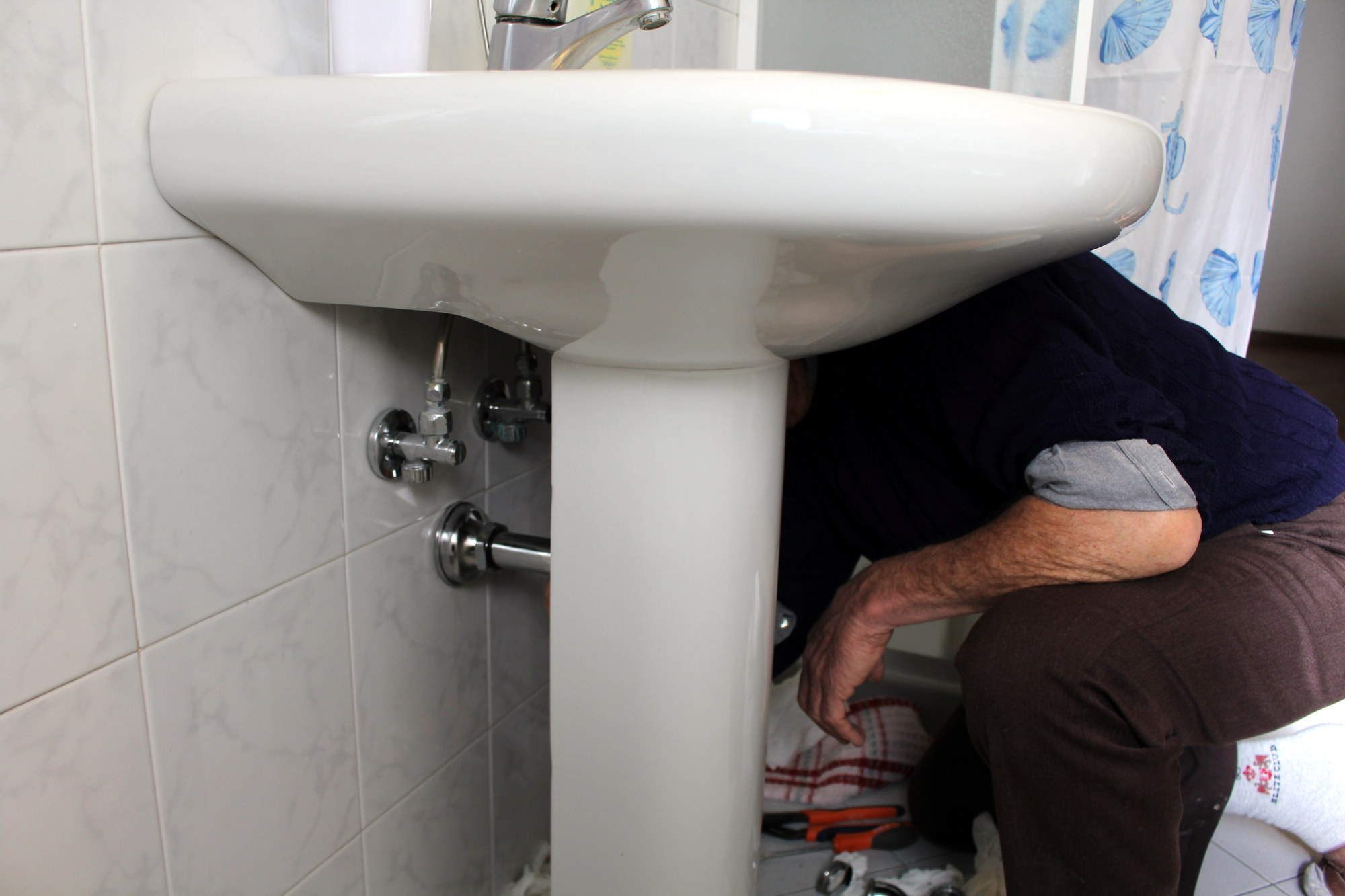Due to recent monetary changes in the construction industry in the United Kingdom, there has been a spike in self-employment among construction workers. While this increase is noteworthy, the wages for these workers have not kept pace with inflation. These financial factors have significant implications for the plumbing industry.
Plumbing is a sub-category of construction, and as such, this industry is subject to the same wage issues as the construction industry in the United Kingdom. The rise of self-employment within the construction industry is linked to a broader trend in which people are taking more control over their employment situation. Self-employed contractors have more control over their earnings and working arrangements. This means that the worker can adjust their schedule and workload as required, without having to rely on a company to do so.
However, one of the negatives of being self-employed is that the contractor must manage all their finances themselves. This includes obtaining insurance, managing taxes, and keeping up with current trends. Additionally, self-employed contractors within the construction industry are now working in an industry where wages are not keeping pace with inflation. While wages are not always the most critical factor when it comes to finding employment, the lack of reliable income can cause problems in the long run.

In the plumbing industry, this wage problem is further compounded by the high level of competition. Plumbers, like other contractors, compete for jobs and must make sure they are charging reasonable rates for their services. However, the lack of reliable income can push plumbers to lower their price to an unsustainable level, which can cause them to undercut more experienced professionals. This undercutting can result in low-quality work, which can lead to more problems down the line.
Another issue in the plumbing industry is the shortage of skilled professionals. Many individuals are hesitant to pursue a career in trades such as plumbing. This lack of skilled plumbers can result in longer wait times for clients seeking services. Additionally, having fewer qualified plumbers can lead to work being completed incorrectly, leading to water damage, leaks, and other plumbing-related issues.
However, there is hope for the plumbing industry. Advances in technology and various new plumbing services available are raising the profile of the industry. Additionally, the industry is beginning to appeal to a more diverse group of people, as more women and people of color are entering the trade. This added diversity is making the industry more competitive and driving innovation. These newly skilled professionals are also helping to fill the gap left by retiring tradespeople.

One major issue facing the industry is updating the way plumbing services are viewed as a whole. While many plumbing services are currently viewed as up-and-coming, they must still be seen as highly skilled, legitimate trades. Plumbers go through a significant amount of training, just as those in other skilled trades do. It is essential to promote the industry as equally important and skilled as careers in technology and other areas.
The lack of skilled plumbers is creating more issues with the aging infrastructure in many cities in the United Kingdom. The country’s aging pipe network means new, skilled plumbers are being sought to fix leakages, drips, and other problems that are becoming more frequent with time. The need for skilled plumbers is driving the narrative for vocational courses and training improving skill levels for the industry.
In conclusion, while the UK construction industry’s rise in self-employment is a recent trend, it is not without its downsides. The lack of reliable income, coupled with the wage problem and increased competition, can cause problems in the long run. However, with advances in technology and an increasing diversity of skilled plumbers, the plumbing industry has the potential to evolve and succeed. This success should come with the rightful recognition of its skill and profession within the UK. Furthermore schools and educators should outline opportunities within the industry to further its growth. If plumbers work together, the industry has a bright future and contribution to make to the UK’s economy.






